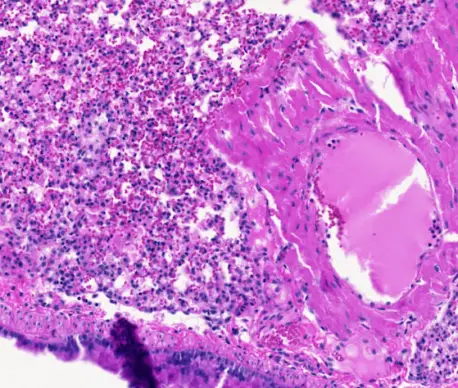Sujan Shresta, Ph.D., and her team study the immunology and pathogenesis of human viruses such as the flaviviruses dengue virus (DENV) and Zika virus (ZIKV) and the coronavirus SARS-CoV-2. DENV causes a spectrum of clinical disease ranging from dengue fever, a self-limited febrile illness, to life-threatening syndromes called severe dengue or dengue hemorrhagic fever/dengue shock syndrome. ZIKV has been proven to cause serious birth defects, and is also associated with neurological conditions including Guillain-Barré Syndrome and meningoencephalitis. In addition to causing the common cold, three coronavirus public health threats have emerged in the last two decades including the SARS-CoV-2 virus that causes COVID-19. Importantly, the human immune system displays “cross-reactivity” within the coronavirus and flavivirus families—the immune response against one virus may affect the future immune response and disease outcome during infection with another virus in the same family.
Collaborating with both academic and industry partners, our laboratory uses state-of-the-art mouse models and human cell cultures to study virus-host interactions, define mechanisms of viral pathogenesis and immunity, and test vaccines and therapeutics. The findings in these studies are validated by studying human samples from endemic countries including Nepal, Thailand, Vietnam, and Japan. In turn, these human studies generate new hypotheses, many of which can only be tested in mouse and human cell culture models.























